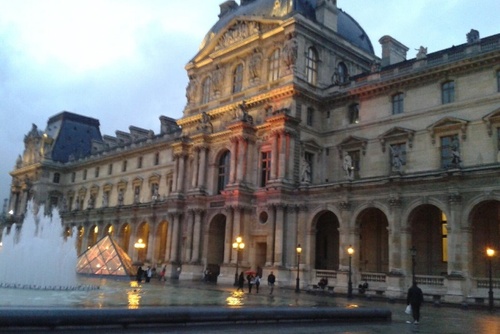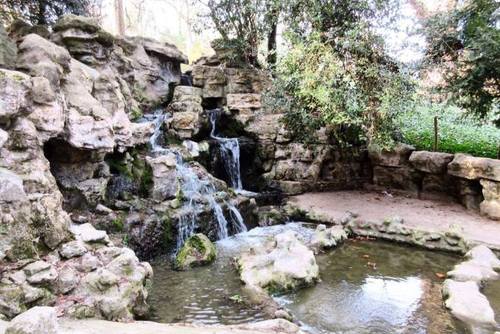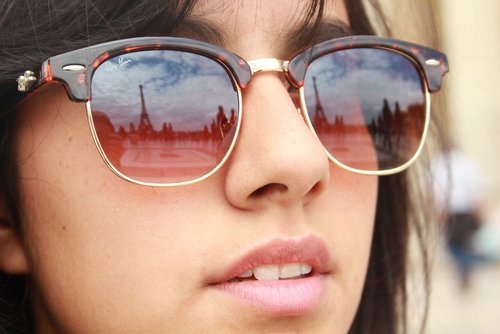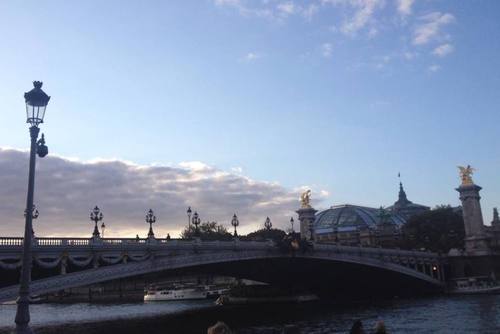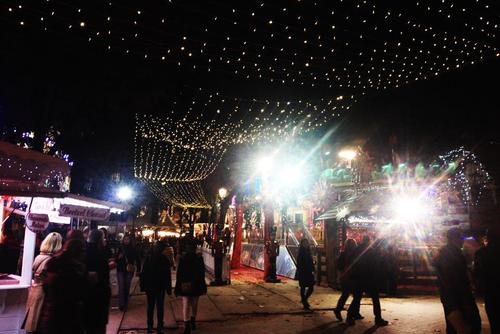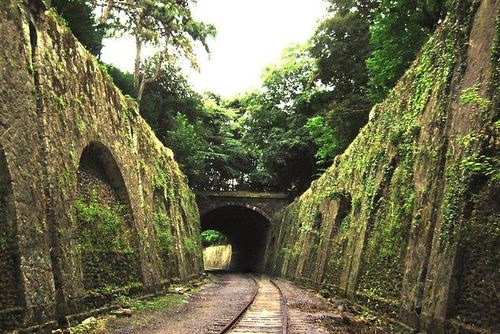A Guide to Studying French in Paris

Travelling to Paris and learning French is a dream for many people, but most do not make the time in their schedules to actually make their dream come true.
You could have a picnic under the Eiffel Tower, wander through the Louvre, have an ice cream at Notre-Dame, explore the legendary jazz scene and dine on the finest French cuisine all whilst learning at some of the best language schools in the country.
Maybe the trip keeps getting pushed aside because a trip as seemingly dreamy as this is too actually too dreamy to be a priority financially, or maybe because there is a lack of general knowledge about what to consider and how to pull the dream trip off.
Either way, keep reading to find more information about courses, schools, tips how to study on a budget and advice for free activities and things you can do to when living here.
How to Choose a Language School in Paris
Paris is full of language schools. Some within major universities, like the Sorbonne, others just one room classrooms offering specialized language classes. Consider what class times will work best, the length of classes (semester or monthly), and the pricing of classes. Find one close to amenities that are appealing, such as areas with relatable people – expats, the younger crowd etc., convenient metro stations, parks and monuments.
Also, be on the look out for the pricing of everyday things around the school. Who wants to pay double for lunch along the Champs Elysees when it is half as much at that yummy locals only joint in the next arrondissement over? Finally, consider the possible commute. Honestly, the best way to see Paris is through the commute to classes! It is advised to allow the opportunity for at least a thirty-minute commute (walking, riding a bike or on the metro).
Types of Courses
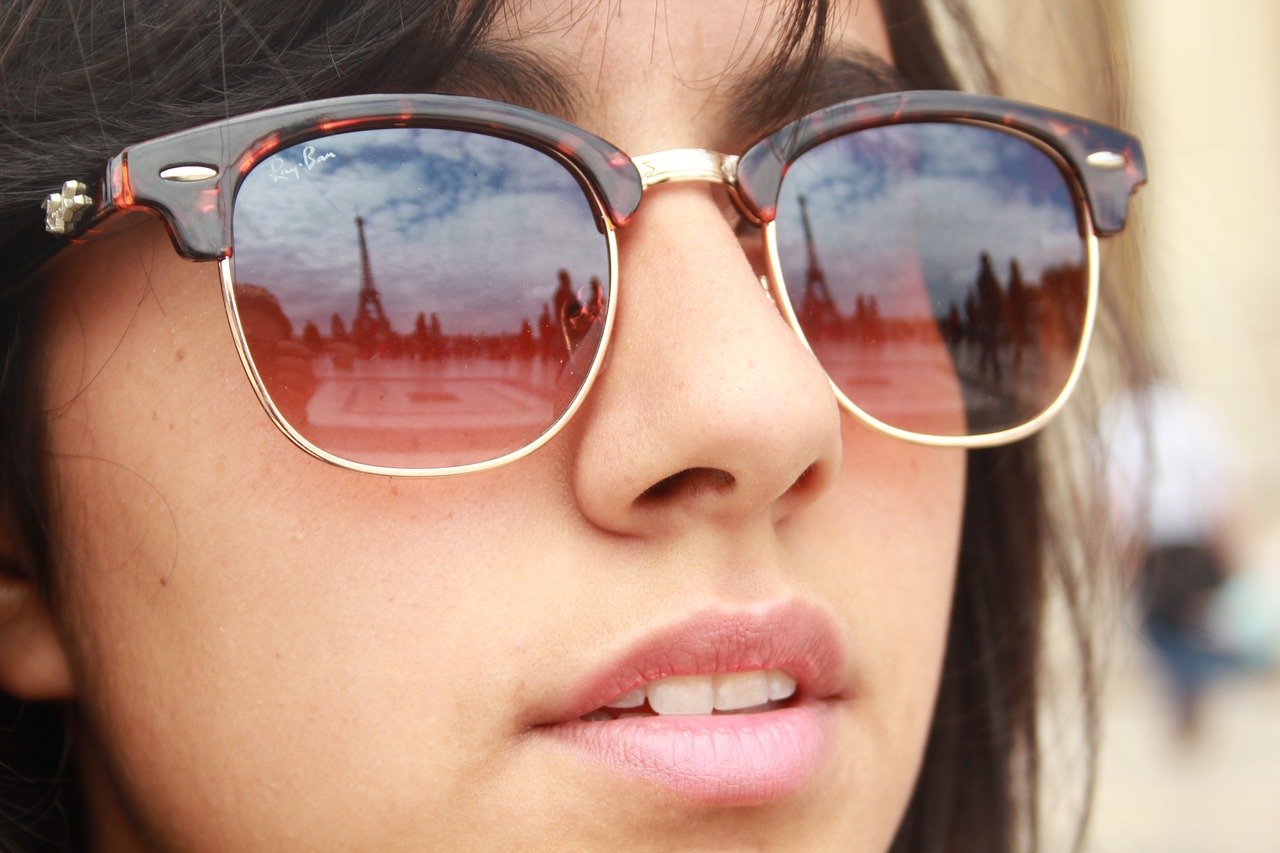
Language schools are situated are over the city, most are in the centre of the Paris in the Marais and Les Halles districts close to iconic places like Centre Pompidou and Notre Dame. Some schools are located Opéra close to the Louvre, and some schools are near the Arc de Triomphe, Champs Elysées and the Eiffel Tower.
This is one of the most tranquil areas of the city, close to the sights and you have a lot of bars, cafes and restaurants near by. Living and studying French in the very heart of the City of Light will be a fantastic experience. All schools are easily accessible by metro which connects the whole city.
Schools in Paris have modern facilities like free wifi, common rooms and daily newspapers and magazines which are provided for student use.
There are beginners and advanced level French courses available to join in Paris. Lessons are structured to help you build towards fluency and accuracy in verbal communication, concentrating on listening and speaking activities, backed up with writing and reading activities to build capability and advanced grammatical understanding.
Tips
Language Exchanges
You could spice things up by also joining a language exchange. Many Parisians love the opportunity to practice their English with a native English speaker and they love when foreigners are actively trying to communicate with them through French.
This exchange will give the opportunity to talk to a Parisian in English for a duration of time, and then the tables turn to strictly French conversation. Language exchanges are posted in most language schools and on social media sites and are a good way to make new friends and perfect the French language!
Use French in Everyday Life
This is an obvious, but often neglected word of advice. Those French classes at the language school are designed to help teach content in a way that is most relatable to daily life in France.
In class, there will often be activities such as role-playing and listening exercises that will mimic what will most likely be encountered in Paris daily (ex: Metro announcements). Try and use at least one thing covered in class that day outside of the classroom. This will be the best way to immerse into everyday life in France and to perfect your skills!
Cost
Have you been looking to learn French in the City of Lights but not sure your bank account can take the hit? If money was not an issue, well let’s face it, you would probably be in Paris by now ‘parlez’-ing with the French!
Courses in Paris vary in price depending on the type and duration. French courses in Paris can be more than other French language courses in France but it doesn’t have to be an expensive as you think.
There are lots of ways to save your cash and a few money-saving tips will help make the Paris experience less expensive than you think. By doing some research and planning like booking lessons in advance and going for cheaper accommodation options.
Fundraising is a scary word. It implies extra work and extra time out of life to reach your financial goals, and none of it is ever guaranteed. But there’s hope! This can be a way to help raise money for a study trip to Paris. Attempt the tried and true method of a bake sale or sell items from the house that are no longer in use. Lastly, don’t be afraid to ask friends and family – they will want to help!
Another option is to apply to work in France, some recruiters in Paris provide language classes as part of integration packages.
How to Book a Course
Going to Paris and learning French can be an amazing experience - just make it happen. Let go of your financial concerns and give Paris a chance. Plan ahead, research the highly rated French language schools in Paris and book a course today. Courses can be booked in Euros or other currencies if booked online. If you need any help arranging a course in Paris or a gap year in France please get in touch.
Paris French Language School Reviews
If you have ever joined a French course in France and would like to write about your experience, review a school or share any recommendations write an article for us.
FAQ
- Best Time to Book: We often get asked when the best time is to study in Paris - this city is known to have beautiful weather during the spring and summer months but this really comes down to personal preference.
- Course Start Dates: Usually Monday, every week of the year
- Lesson Duration: Generally 55 minutes for group classes and slightly longer for private classes
- Class Size: Average 6; Maximum 10
- Minimum Age: 16
- Schedule: Usually Monday to Friday 9 - 6. Morning or Afternoon (Schedule determined by your school). Private lessons can be in the evening
- Suggested Check-In: One day earlier
Getting to Paris
The Eurostar is a popular way to get to Paris, there are usually special offers on flights during the year too. Or if you are really on a budget there are lots of cheap bus companies offering trips to Paris from cities and locations all around Europe.
Transport & Sightseeing in Paris
Paris has great transport links, which makes getting around easy to do. Most language school housing is located either within walking distance from your study destination, or a short ride on the public transport system which in Paris includes the metro subway system, trains, buses and night buses. It might be worthwhile to purchase a Paris Metro Visite pass for unlimited travel during your stay.
These are available for two, three or five days in a row. If you purchase a travel pass, there is the opportunity to receive special offers and discounts at different attractions in the city. Should you buy a travel pass, think about the number of days you are staying in Paris and the number of places you are going to see. A two-day pass is around 30 Euros.
If you plan on seeing more than three or four places in those two days, then you will break even. Just as it’s easy and not too pricey to use the public transport, you can also get acquainted with the word ‘flâneur’, which means ‘one who strolls’. Paris is a beautiful city to walk from place to place. If you have the energy, consider walking to your favourite attractions instead of spending money on travel passes.
What to Do in Your Spare Time
There is so much you can see and do when studying here, some things in Paris are completely free too which is benefical if you are a student on a budget. This means you don’t have to pay a single Euro to tour the city and the culture it has to offer. There are many museums that are free to everyone. The Musee Carnavalet, a museum of the history of Paris, and the Petite Palias, an art museum, are both free to the public.
Famous national museums such as the Louvre and the Musee d’Orsay are free on the first Sunday of every month. However, be forewarned that they are usually very crowded on these days due to their popularity. Just as the museums are sometimes free, there are many different cheap activities you can do during your stay. Consider going wine tasting or taking a cooking class.
Or maybe join a rollerblading tour through the city when it gets dark?
Food and Drink
Many foreign students studying French in Paris end up spending a lot of their money on food. There are ways to enjoy the Parisian cuisine and not get taken advantage of by tourist trap restaurants. First, never ever buy a bottle of water at a restaurant. This small tip can save you a lot of Euros. Instead, ask for tap water, which is absolutely free.
Asking to sit at a counter instead of sitting at a table will also save you cash. This is referred to as ‘reste au comptoir’ in a café. For a cheap lunch, consider sandwich shops over restaurants. There are nice sandwiches with cheeses, tomato, lettuce and meats all over the city that cost around three or four Euros. Then, perhaps take your sandwich to a local park and enjoy the local gardens.
Related Pages


